Posts Tagged: uncertainty
(vs. risk)
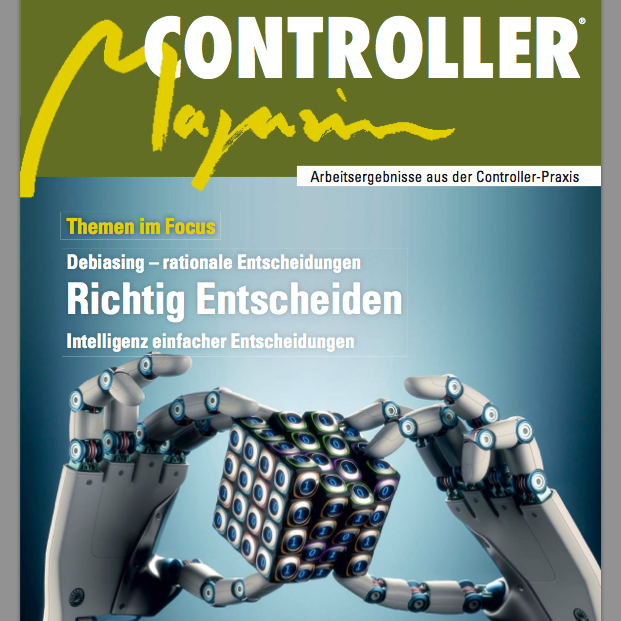
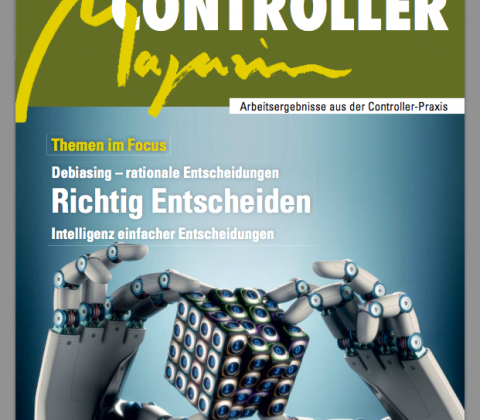
Artikel: Die Intelligenz einfacher Entscheidungsregeln
(Philip K. Dick, 1968)
Wolfgang Gaissmaier, Hansjörg Neth
Die Intelligenz einfacher Entscheidungsregeln in einer ungewissen Welt
Fazit: Unsere Welt mag sicher oder unsicher sein, aber wird immer eine ungewisse bleiben. Wir sollten uns von der Illusion ihrer umfassenden Berechen- und Kontrollierbarkeit verabschieden, ohne deswegen in Angststarre zu verfallen. Denn gute Entscheidungen sind dennoch möglich und beruhen auf einer angemessenen Einschätzung unserer Ausgangslage: Je berechenbarer eine Situation ist („Risiko“), desto mehr brauchen wir statistisches Denken und komplexe Modelle; je unberechenbarer eine Situation ist („Ungewissheit“), desto mehr brauchen wir einfache Heuristiken, einschlägige Erfahrung und Vertrauen auf Intuition (vgl. Abbildung 1). Dabei handelt es sich bei Risiko und Ungewissheit um Pole eines Kontinuums, so dass es sich bei den meisten Situationen um einen Zwischenzustand handeln dürfte. Die Kunst des guten Entscheidens besteht darin, zu wissen, wo auf diesem Kontinuum wir uns befinden, um das jeweils passende Entscheidungswerkzeug geschickt auszuwählen und gezielt zum Einsatz zu bringen. Und sie erfordert den Mut, Entscheidungen nicht zu verschieben oder zu vermeiden, sondern sie beherzt zu treffen und die Verantwortung für ihre Konsequenzen zu tragen.
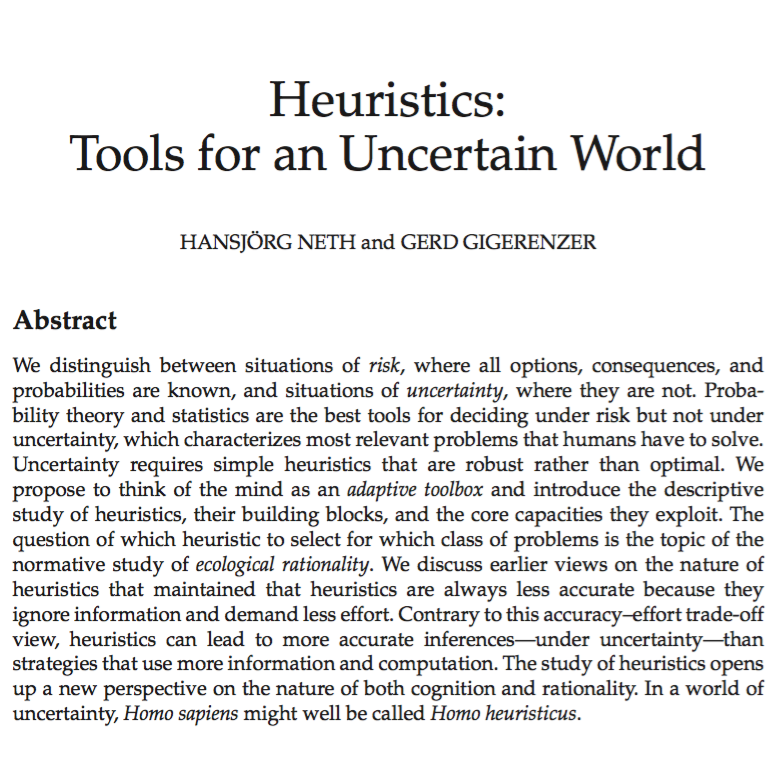
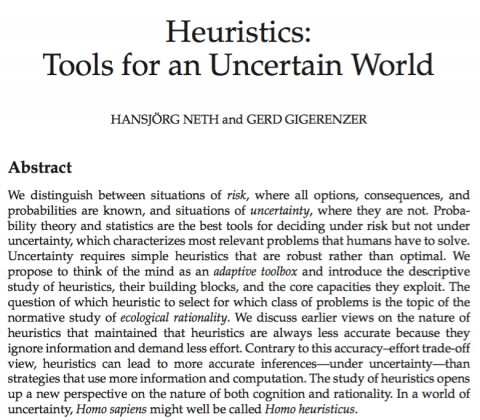
Article: Heuristics — Tools for an uncertain world
to treat everything as if it were a nail.
Abraham H. Maslow (1966, p. 15f.)
Hansjörg Neth, Gerd Gigerenzer
Heuristics: Tools for an uncertain world
We distinguish between situations of risk, where all options, consequences, and probabilities are known, and situations of uncertainty, where they are not. Probability theory and statistics are the best tools for deciding under risk but not under uncertainty, which characterizes most relevant problems that humans have to solve. Uncertainty requires simple heuristics that are robust rather than optimal.
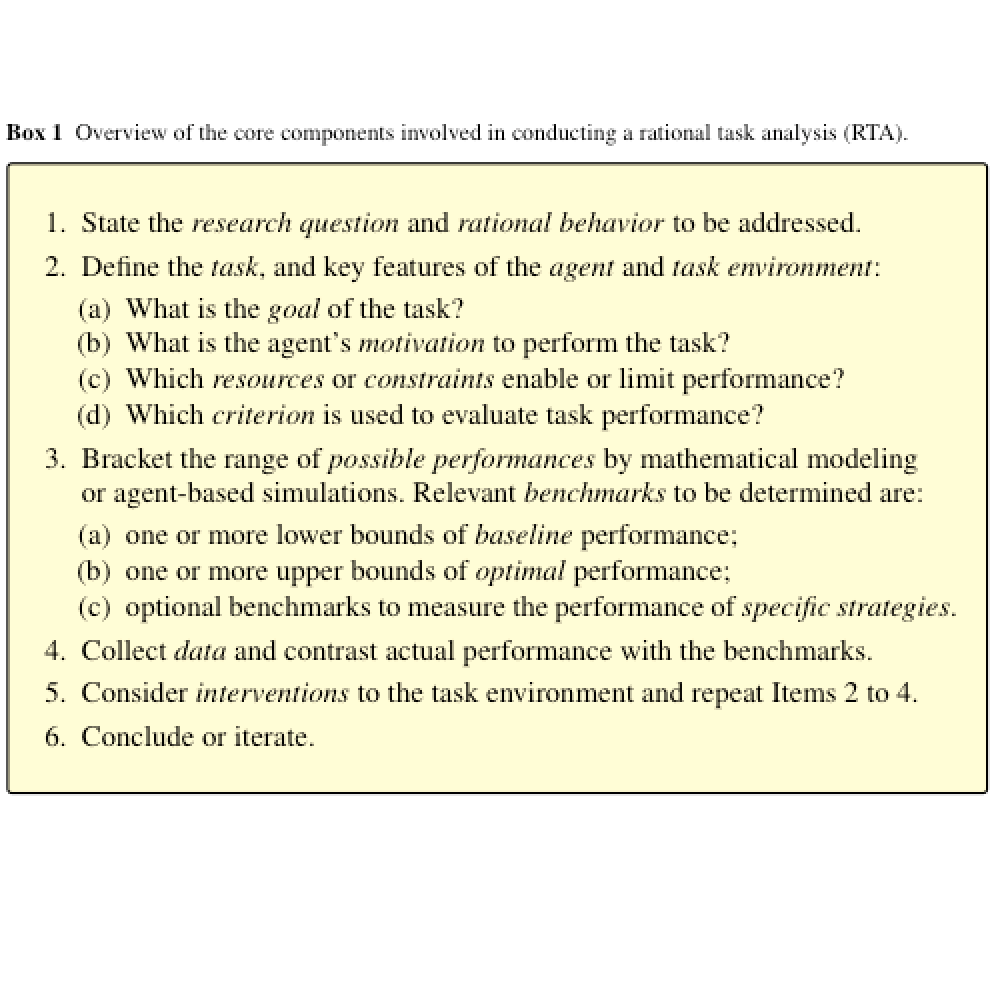
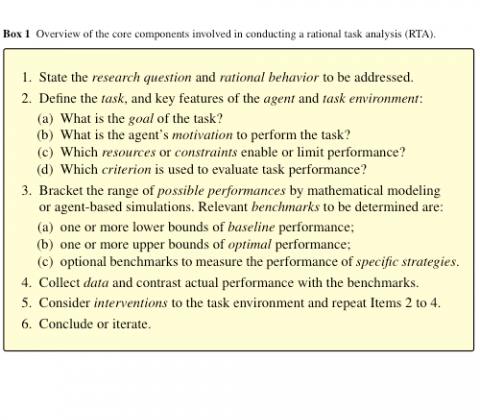
Paper: Rational task analysis (RTA)
a theory of thinking and problem solving cannot predict behavior
unless it encompasses both an analysis of the structure of task environments
and an analysis of the limits of rational adaptation to task requirements.
(Newell & Simon, 1972, p. 55)
Hansjörg Neth, Chris R. Sims, Wayne D. Gray
Rational task analysis: A methodology to benchmark bounded rationality
Abstract: How can we study bounded rationality? We answer this question by proposing rational task analysis (RTA)—a systematic approach that prevents experimental researchers from drawing premature conclusions regarding the (ir-)rationality of agents. RTA is a methodology and perspective that is anchored in the notion of bounded rationality and aids in the unbiased interpretation of results and the design of more conclusive experimental paradigms.
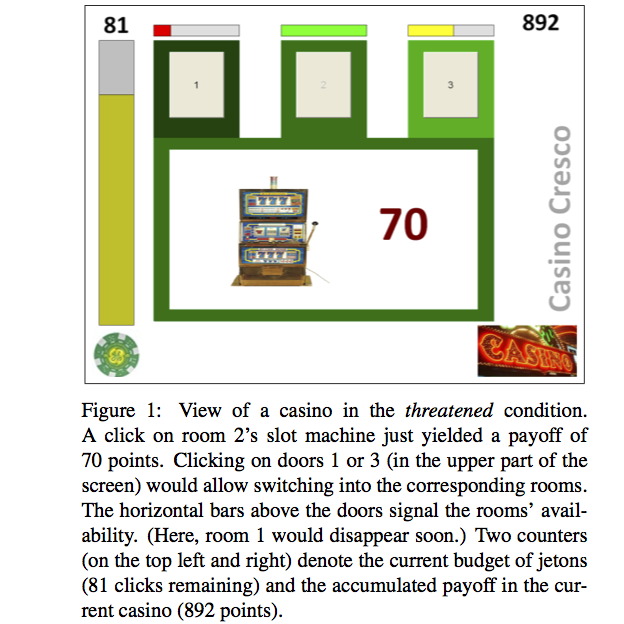
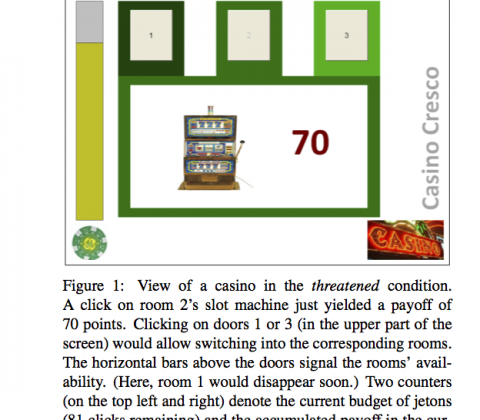
Paper: Foraging for alternative options
If I go there will be trouble,
and if I stay it will be double…
The Clash
Hansjörg Neth, Neele Engelmann, Ralf Mayrhofer
Foraging for alternatives: Ecological rationality in keeping options viable
Abstract: Do we invest irrational amounts of effort into keeping options viable, or do we manage available and threatened options in an adaptive fashion?